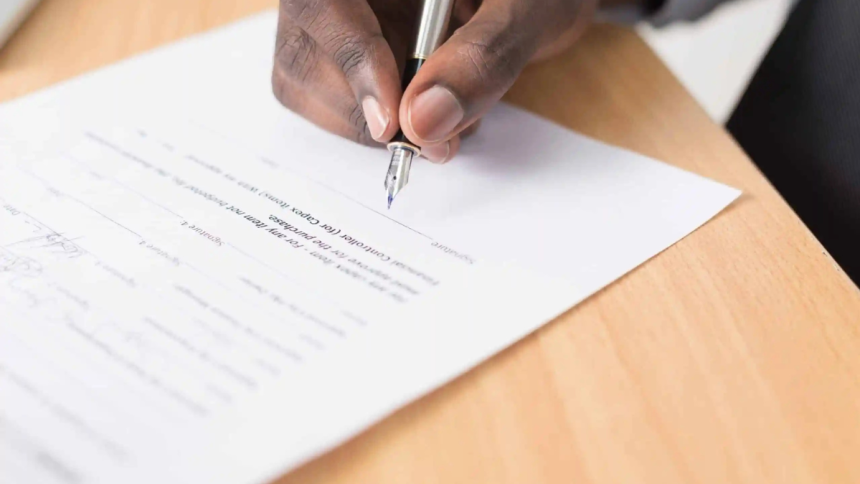Suffering an injury due to someone else’s negligence can be overwhelming, with recovery often being your main focus. However, seeking compensation is a vital step forward, and understanding the injury claim process can help you navigate it confidently. Knowing what to expect at each stage can help you avoid mistakes and meet important deadlines. Whether it’s a car accident, slip-and-fall, or another personal injury, working with an experienced injury attorney in Salt Lake City can make the process easier. Here’s a breakdown of the typical injury claim timeline, from the accident to the final resolution..
Step 1: Seeking Immediate Medical Attention
The first step after an injury is to seek medical attention. Even if it seems minor, getting documentation from a healthcare professional is crucial. This creates a record of the injury and its severity. Delaying care could allow insurers to question your condition or its cause. To strengthen your claim, follow all treatments and attend follow-up appointments.
Step 2: Consulting a Legal Professional
After addressing medical concerns, consulting an injury attorney is an important next step. A trusted attorney can assess your case, explain your rights, and guide your options. During the initial consultation, they’ll review evidence like photos, witness statements, police reports, and medical records. They can also communicate with the insurance company for you, ensuring a smooth process and avoiding mistakes.
Step 3: Investigation and Evidence Gathering
Once you hire a lawyer, they will begin a detailed investigation, gathering and organizing relevant evidence, which may include:
- Medical bills and records
- Photos from the scene
- Security footage (if available)
- Witness statements
- Lost income documentation
- Expert evaluations (such as accident reconstruction or medical experts)
During this phase, your legal team builds a strong claim to support your case. Strong evidence improves your chances of a fair settlement.
Step 4: Demand Letter and Negotiation
Once the investigation is complete, your attorney will draft a demand letter to the at-fault party’s insurance company. This letter outlines the case details, your injuries, and the compensation sought. The insurance company will typically respond with a lower counteroffer. Your lawyer will then negotiate to secure a fair settlement. Depending on the insurance company’s cooperation, this process can take a few weeks to several months.
Step 5: Filing a Lawsuit (If Necessary)
Not all injury claims are resolved through negotiation. If an insurance company refuses a fair settlement, your attorney may file a lawsuit. This doesn’t guarantee a trial but adds legal pressure that often leads to serious negotiations. Filing a lawsuit starts a formal process involving discovery, depositions, motions, and sometimes mediation. Resolutions can take months or longer, depending on the case’s complexity and the court’s schedule.
Step 6: Settlement or Trial
Most personal injury cases settle, but some require a trial to secure fair compensation. In court, your attorney will present evidence, question witnesses, and advocate for you. If the verdict is in your favor, the court will decide your compensation. However, receiving full payment may take time, depending on the defendant’s finances.
Step 7: Receiving Compensation
Once a settlement is finalized or a judgment awarded, the final step is receiving your compensation. Your attorney will handle the paperwork, resolve medical liens, and distribute your share. Working with an experienced injury attorney ensures a smooth process without unnecessary delays.
Conclusion
Knowing the timeline of an injury claim can ease stress and help you feel more in control throughout the process. Every stage is crucial to building a strong case, and having the right legal support can make all the difference. If you’re navigating an injury claim, partnering with an experienced legal professional ensures your rights are protected every step of the way.
Lynn Martelli is an editor at Readability. She received her MFA in Creative Writing from Antioch University and has worked as an editor for over 10 years. Lynn has edited a wide variety of books, including fiction, non-fiction, memoirs, and more. In her free time, Lynn enjoys reading, writing, and spending time with her family and friends.















